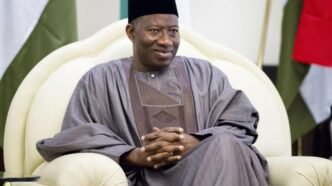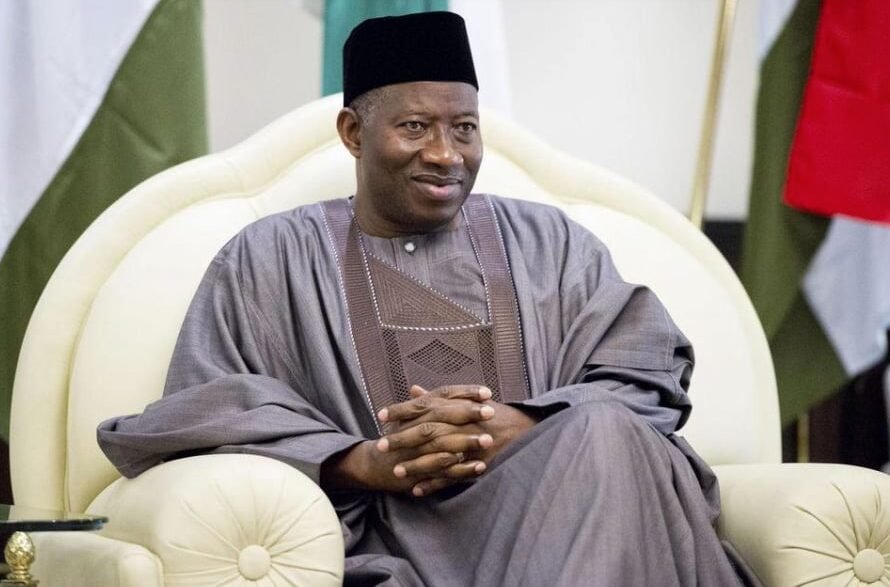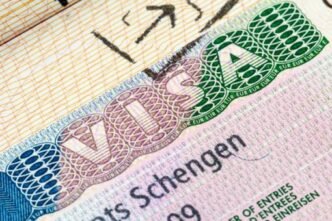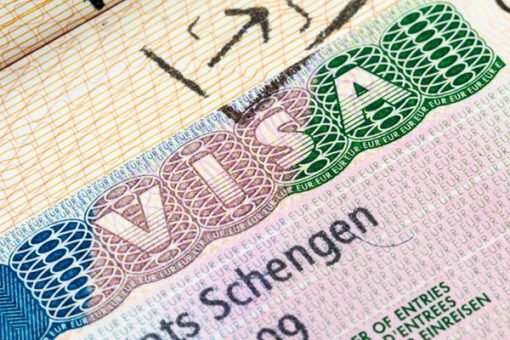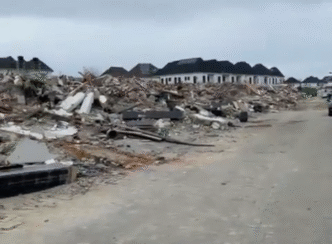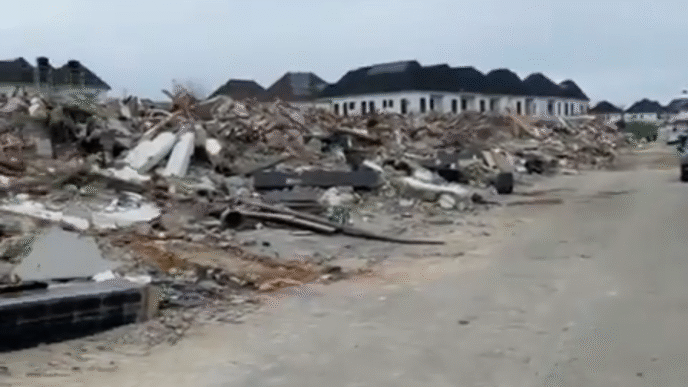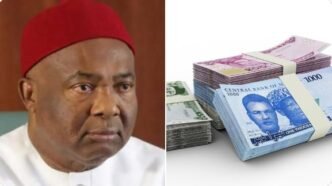Former President Goodluck Jonathan has strongly denied reports suggesting that he accused his successor, the late President Muhammadu Buhari, of having connections with Boko Haram during Nigeria’s prolonged insurgency crisis.
Jonathan’s clarification followed media coverage of his remarks at the public presentation of a book authored by former Chief of Defence Staff, General Lucky Irabor (rtd). Several reports had claimed that Jonathan alleged that Buhari was nominated by Boko Haram to represent them in peace talks with the Federal Government, thereby insinuating complicity.
In a swift reaction, the former president issued a statement through his spokesman, Ikechukwu Eze, on Saturday, describing the reports as “misleading, mischievous and a distortion of facts.”
Jonathan’s Clarification
According to Jonathan, his remarks at the event were grossly taken out of context. He explained that during his administration, Boko Haram insurgents had once listed several prominent Nigerians, including Buhari, as possible mediators in their proposed dialogue with government.
“The attention of the Office of Former President Goodluck Ebele Jonathan has been drawn to misleading reports circulating in sections of the media suggesting that Dr Jonathan alleged that Boko Haram nominated the late President Muhammadu Buhari, GCFR, to represent them in dialogue with the Federal Government, and therefore this made him somehow complicit in the Boko Haram crisis,” the statement read.
“At no time did Dr Jonathan make such an allegation. His reference was simply to a fact already in the public domain that Boko Haram had once mentioned Buhari, alongside other respected Nigerians, as someone they would be willing to dialogue with. This in no way translated into complicity or endorsement of the group’s activities,” it added.
Jonathan stressed that his remarks were made in the spirit of recalling Nigeria’s past efforts at seeking peace during the height of the insurgency, not to indict or tarnish the image of his successor.
Background to Boko Haram Dialogue Attempts
Boko Haram, the extremist sect that has waged a violent insurgency in northern Nigeria since 2009, was at its peak during Jonathan’s administration between 2011 and 2015. The group, notorious for mass abductions, suicide bombings, and attacks on civilians, had declared its opposition to Western-style education and governance, plunging Nigeria into one of the worst security crises in its history.
At several points, the Federal Government considered dialogue as a way of ending the insurgency. In 2012 and 2013, reports emerged that Boko Haram’s leadership had named certain individuals they trusted to serve as mediators, including then-opposition leader Muhammadu Buhari, who contested against Jonathan in the 2011 presidential election.
Buhari himself publicly rejected the idea, stating he had no dealings with the group and would not be part of any such arrangement. At the time, he accused the government of attempting to drag his name into the insurgency crisis.
It was this historical episode Jonathan referenced at General Irabor’s book launch, but his office clarified that some sections of the media twisted his words to mean that Buhari was complicit in Boko Haram’s violence.
Media Responsibility and Sensationalism
Jonathan, through his spokesman, condemned the distortion of his remarks and urged the Nigerian media to exercise restraint when reporting sensitive issues, particularly those concerning national security and the reputation of past and present leaders.
“Such misrepresentation is not only unfair to the individuals concerned but also unhelpful to the collective effort of the nation in confronting insecurity,” the statement added.
The former president further advised journalists to uphold professional ethics by prioritizing accuracy over sensationalism. He said irresponsible reporting not only misleads the public but also risks inflaming political tensions.
Jonathan’s Call for Unity Against Insecurity
Despite controversies that have trailed Nigeria’s fight against insurgency, Jonathan reiterated the need for collective effort in tackling insecurity. He commended past and present leaders of the Armed Forces, including General Lucky Irabor, for their contributions to stabilising the country amid difficult challenges.
Jonathan urged Nigerians to remain united in confronting the lingering security crisis, warning that divisive narratives could undermine national cohesion.
“No single leader or administration can singlehandedly solve Nigeria’s security challenges,” Jonathan emphasized. “It requires a sustained, collective effort involving not just the government, but communities, civil society, and the media.”
Boko Haram and Its Legacy
The Boko Haram insurgency, which escalated during Jonathan’s presidency, has left a devastating legacy in Nigeria’s Northeast and across the Lake Chad region. According to international agencies, more than 35,000 people have been killed since 2009, while over 2 million others remain displaced.
The group’s 2014 abduction of 276 schoolgirls from Chibok, Borno State, drew global outrage and brought unprecedented international attention to Nigeria’s security crisis. The #BringBackOurGirls campaign, supported by global figures, highlighted the scale of the insurgency.
Although Boko Haram has since splintered into factions — including the Islamic State West Africa Province (ISWAP) — the group remains active in parts of Borno, Yobe, and Adamawa States. Security forces continue to battle remnants of the insurgency alongside other armed groups.
Buhari’s Role and Historical Context
Buhari, who later defeated Jonathan in the 2015 presidential election, had long dismissed any suggestion of ties to Boko Haram. Throughout his tenure, he repeatedly emphasized his government’s commitment to defeating terrorism, and his administration oversaw several military campaigns that reclaimed territory previously occupied by insurgents.
Jonathan’s latest clarification underscores the sensitive nature of Nigeria’s counterinsurgency history, where political rivalries often intersect with narratives about the origins and persistence of Boko Haram.
Conclusion
Former President Jonathan’s denial has once again brought attention to the importance of careful reporting in Nigeria’s fragile political climate. His clarification makes clear that his remarks were not an indictment of Buhari but a reference to a well-documented moment in the history of Nigeria’s fight against insurgency.
By stressing the need for accuracy, unity, and a collective response to insecurity, Jonathan’s statement reinforces the broader message that national security must remain above partisan politics.
As Nigeria continues to grapple with insurgency and other security challenges, the call for responsible journalism, accurate historical context, and national solidarity remains more critical than ever.

